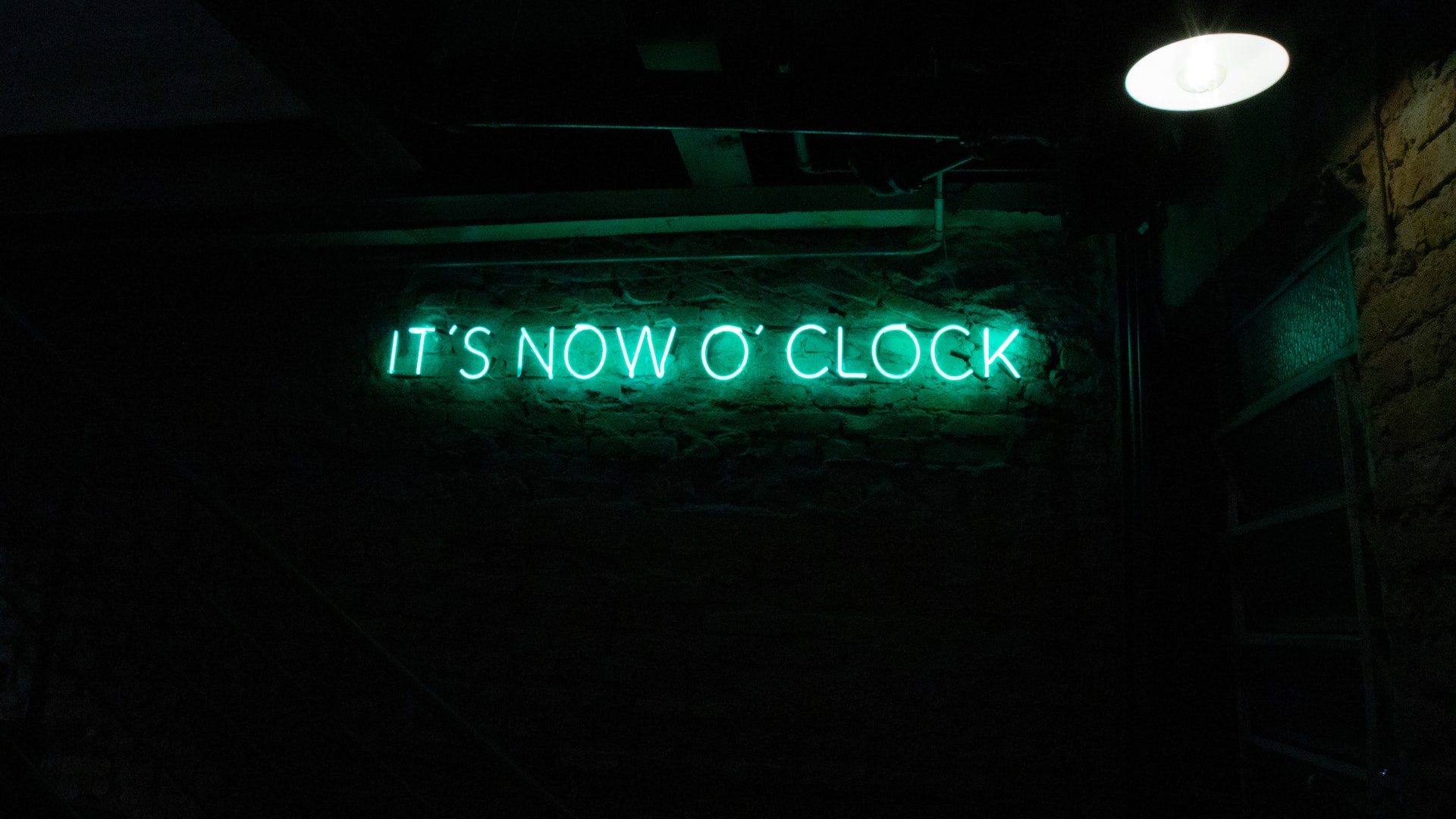Artificial intelligence (AI) is often positioned as a transformative force in Revenue Management within the hospitality industry.
NB: This is an article from BEONx, one of our Expert Partners
Subscribe to our weekly newsletter and stay up to date
However, bringing its impact to life has proven more challenging than initially anticipated. The key question is not whether AI has potential, but how it can deliver real, measurable results in hotel revenue optimization.
A recent report from PhocusWire, titled “AI’s Impact on Travel Startups”, highlights that while AI has significantly improved certain processes, challenges remain – particularly regarding data quality and the integration of AI within existing revenue management strategies. In the hospitality sector, the most effective approach is to focus on practical AI applications that are already driving profitability and operational efficiency.
Lets explore in this article how AI is shaping what’s next in the world of revenue management, what is really harnessing actionable impact and how can hotels use it for their advantage.
The challenge of AI implementation in Revenue Management
The conversation around AI in revenue management is not just about hype – it’s about ensuring successful implementation and impact. The real difficulties hotels face are rooted in:
- Siloed data and disconnected systems: AI’s effectiveness depends on seamless integration with PMS, CRS, and CRM platforms. Without this connectivity, insights remain fragmented and decision-making suffers.
- Generic models vs. tailored intelligence: Many RMS platforms rely on broad, one-size-fits-all AI models that do not adapt to the unique needs of each hotel, resulting in suboptimal revenue strategies.
AI in Revenue Management: What is really driving results?
1. Automating Revenue Management for efficiency
AI-powered automation is redefining revenue management by eliminating manual tasks, improving operational agility, and ensuring precision in pricing strategies. BEONx’s AI-driven solutions optimize rate and availability distribution across multiple channels, ensuring hotels maximize revenue opportunities.
2. Advanced Forecasting with AI
Machine learning models enable more precise demand forecasting by analyzing multiple real-time data sources. BEONx integrates AI to enhance forecasting accuracy, allowing hoteliers to anticipate market shifts and adjust pricing strategies accordingly.
3. Optimized pricing strategies
AI enables hotels to adjust pricing dynamically based on demand, competitor trends, and customer segmentation. Unlike rigid, rule-based pricing models, AI-powered pricing adapts in real time, ensuring that every booking opportunity is optimized for profitability.
How Revenue Managers Can Maximize AI’s Potential
To fully leverage AI in revenue management, hotels must focus on key strategic areas:
- Cultivating a data-driven culture: Rather than just investing in AI, hotels need to ensure data accuracy, consistency, and accessibility across all platforms.
- Fostering AI-RM synergy: AI enhances, rather than replaces, human expertise. Revenue managers must work alongside AI to refine strategies and extract maximum value.
- Measuring success with clear KPIs: AI implementation should be aligned with RevPAR, ADR, GOPPAR, and total revenue growth, ensuring tangible impact on business performance.
“The synergy between AI and human intelligence is crucial for driving a Revenue 360 strategy, empowering Revenue Managers (RMs) to make informed decisions with confidence.” says Ponte.





